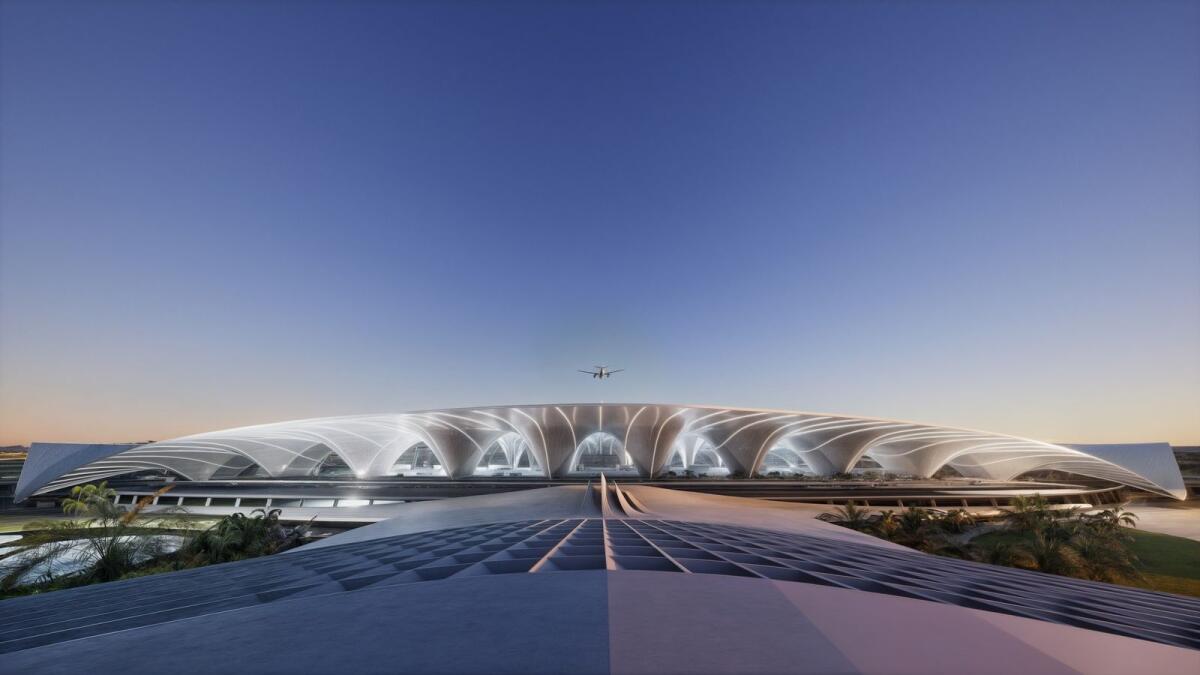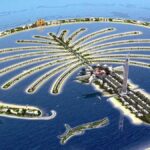A Dh128-billion terminal being built at Al Maktoum International (DWC) airport will scale up passenger capacity to 260 million annually, enabling it to fully absorb Dubai International’s (DXB) operations in 10 years. The airport in the south of Dubai will become the world’s largest once fully operational and will replace DXB, which will likely close once its operations are fully transferred.
“Because of the proximity of the airport to the city, there will be no business case to keep the two running,” Paul Griffiths, CEO of Dubai Airports, told Khaleej Times.
Located in Al Garhoud, DXB opened to the world in September 1960. Featuring a sand compacted runway, it had a small terminal building back then. According to details available on its website, the airport took 51 years – from September 30, 1960, to December 31, 2011, – to welcome its first 500 million passengers, but clocked another 500 million in just seven years.
Stay up to date with the latest news. Follow KT on WhatsApp Channels.
Over the next decade, once operations are moved to DWC, a lot of the assets at DXB will be “quite old”, according to Griffiths.
Paul Griffiths. AP file
“And rather than have an asset replacement programme, which obviously will be expensive, it would make sense for DXB to close at that point,” he said. “What we will do is take the opportunity to have a fresh start with a new site that’s five times larger than DXB, and that will be a major undertaking, obviously.”
DXB will continue to serve as the “primary hub” — meeting the needs of 100 million plus travellers — as the DWC expansion takes shape. Ranked as the world’s top airport for international passenger numbers for the 10th consecutive year in 2023, the hub’s traffic is expected to surpass 88.8 million travellers in 2024.
The transition from DXB to DWC will begin shortly, the airport operator’s chief executive said. “We don’t think we’ll be able to move more than about 30 million passengers to the new airport before the opening of the second phase. But if you think about it, 30 million at DWC and, say, 120 million at DXB, that gives us 150 million — which is 60 million more passengers than we’re accommodating today. So, we’ve still got headroom for growth. We just prefer that growth to be in the same place with a state-of-the-art facility.”
Getting to DWC
Griffiths allayed concerns that it would take longer for passengers to reach DWC as compared to DXB, which is close to the city centre.
“I think this notion that DXB is in the middle of the city and DWC is a long way away will dissipate over time because the city’s development is going to continue apace in the south towards where the new airport is,” he said. “Actually, the city is coming to the airport rather than the airport moving out of the city.”
He was referring to the plan to build an entire city around the airport in Dubai South.
Dubai earlier revealed that DWC would feature “automated people mover system” for passengers, and an “integrated landside transport hub” for roads, Metro, and city air transport.
“An airport’s main duty is … to provide a very efficient and seamless transition between surface-based transport in all its forms and aerial transport in all its forms. We will be working very, very hard indeed to engineer the best systems and solutions into that airport configuration as we possibly can, including new and innovative ways of actually leaving your home and office and ending up on the plane,” said Griffiths.
Read the full article here





















